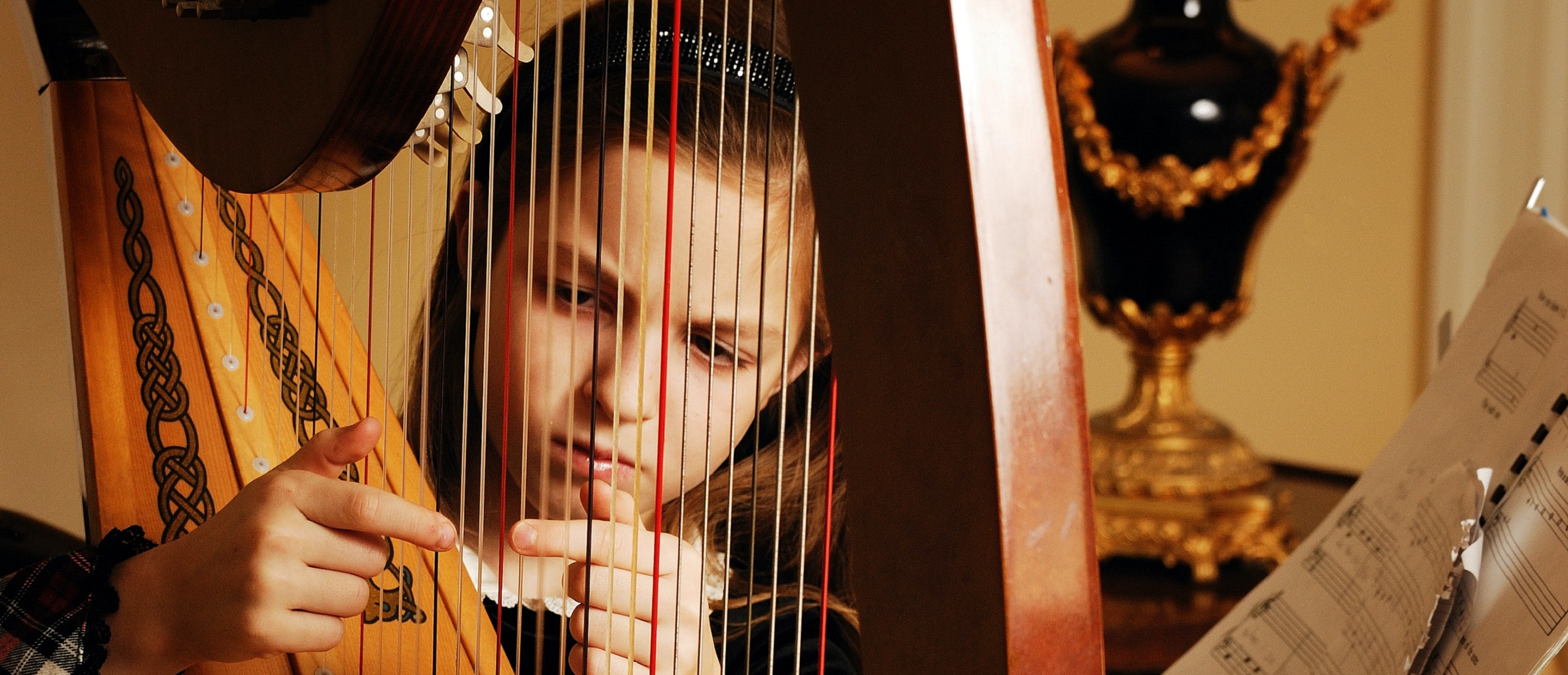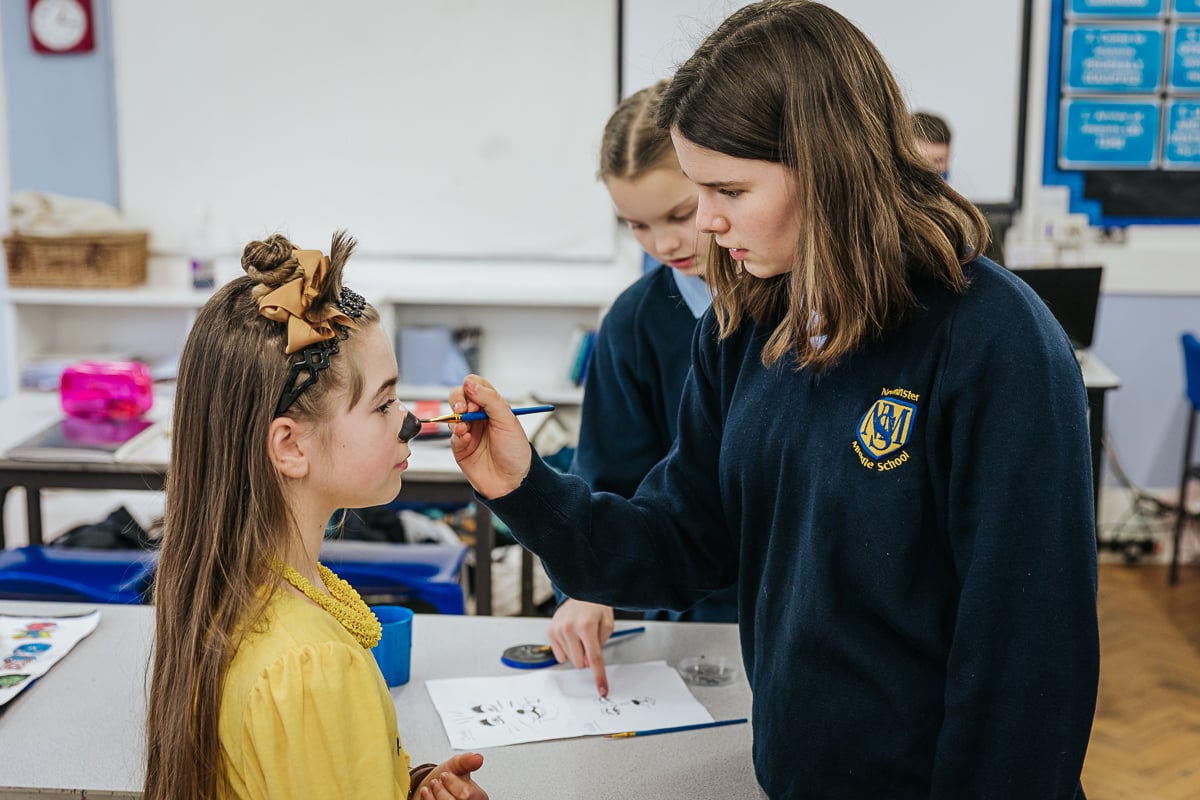
Supporting students with Special Educational Needs and Disabilities through their graded Music exams
BY: Natalie Christopher
20 July 2022
At Trinity, we believe that everyone should have the opportunity to develop musically and to have their achievements recognised. In this blog, we are going to look at some of the ways candidates with SEND can be supported when taking Trinity Music exams.
Reasonable adjustments
Flexibility and accessibility are attributes which are embedded into all our syllabuses. However, for anyone entering a candidate for a Music exam who needs additional accommodations made, we would highly recommend visiting the Music Special Needs page of our website where you will find details of how you can apply for reasonable adjustments.
Reasonable adjustments are alterations that can be made to the delivery of the exam to accommodate any additional needs a candidate may have. For example, a candidate with a visual impairment taking a face-to-face exam might ask for their Sight Reading test to be provided in enlarged print or braille, or someone with dyslexia could ask for the Improvisation stimulus to be printed on a particular coloured paper. Alternatively, additional time to prepare for unseen tests, or to settle themselves between pieces in digital exams, might also be requested. Remember, reasonable adjustments don't just apply to performance exams - you can request them for Music Theory exams too!
Where reasonable adjustments cannot accommodate a candidate's needs, there is, in some circumstances, the option to apply for alternative Supporting Tests. These are designed to support candidates with sensory loss and may include a Memory Test in place of Sight Reading, or an Aural Awareness Test for those where hearing loss prevents them from accessing the usual Aural Test.
Whether you are applying for reasonable adjustments or not, if you are entering a student with SEND for one of our exams, we would highly recommend them submitting the appropriate SEND form as this will provide the examiner with important contextual information; these can be found on our website.
Playing to their strengths
Trinity Music exams all come with a wide range of options, enabling candidate to play to their strengths. Take our Classical & Jazz Grades: our repertoire lists include a broad range of musical styles and genres, and candidates also have the option to perform their own composition too. For many instruments, our Technical Work section is not limited to scales and arpeggios; candidates might also have the option to perform studies or orchestral extracts instead. We also offer four options for Supporting Tests - Sight Reading (mandatory at Grades 6-8), Aural, Improvisation and Musical Knowledge (Initial – Grade 5 only) – enabling candidates to choose which two tests suit them best.
For Rock & Pop, we have a wide choice of repertoire and own compositions can be performed in place of one of the pieces from the syllabus. Alternatively, candidates can perform a song of their own choice, not in the song books but meeting the required parameters for the grade (details of the parameters can be found in the syllabuses). For the Session Skills, candidates have the option of doing either Improvisation or Playback and the stimuli for these is provided both visually and aurally.
Face-to-face or Digital?
We know that having the option to record exams at home, instead of in front of an examiner, has made a real difference to some of your students. Equally, some thrive in a live exam situation. Having the permanent option to do either means that candidates, together with their teacher and parents, can make the decision as to which option they would feel most comfortable with. Do they respond better to the familiarity of playing at home or in school, or do they like the sense of occasion? You might find some helpful ideas in our previous blog: Making an event out of recording a digital exam.
Alternative options
If the construct of a Music grade exam simply doesn’t work for your student, then you may want to explore some of our other qualifications as an alternative option.
Our Music Certificate exams are recital based, meaning that there are no Technical Work or Supporting Test/Session Skills requirements – the candidate simply performs their pieces. Repertoire lists are available from our website, but there is also the option of including music from the corresponding graded exam and some own choice repertoire too.
Another option is Arts Award, which provides progression routes for students exploring music in all kinds of different ways. Whether they have been inspired by the Djembe classes they have had at school or the music they hear in their community or place of worship, have a passion for composition, sound production or music tech, or are learning on an assisted instrument, there’s an Arts Award level for them.
Access Funds
For information on financial support available to candidates facing barriers to music education and qualifications, please see our Music & Drama and Arts Award Access Fund pages.
Have you seen our new Awards & Certificates in Musical Development?
Find out more about our fully inclusive qualifications for schools and other settings delivering the Sounds of Intent music learning programme, designed for those with learning difficulties, across the whole spectrum of abilities and needs here.
Photo by Heidi Yanulis on Unsplash




Comments & Replies